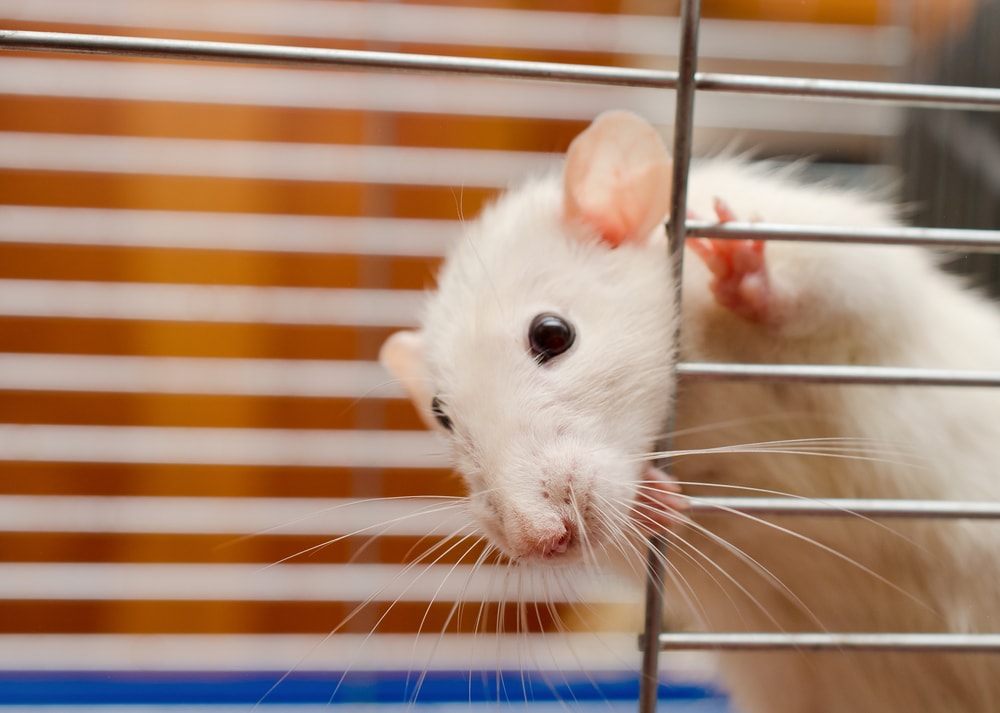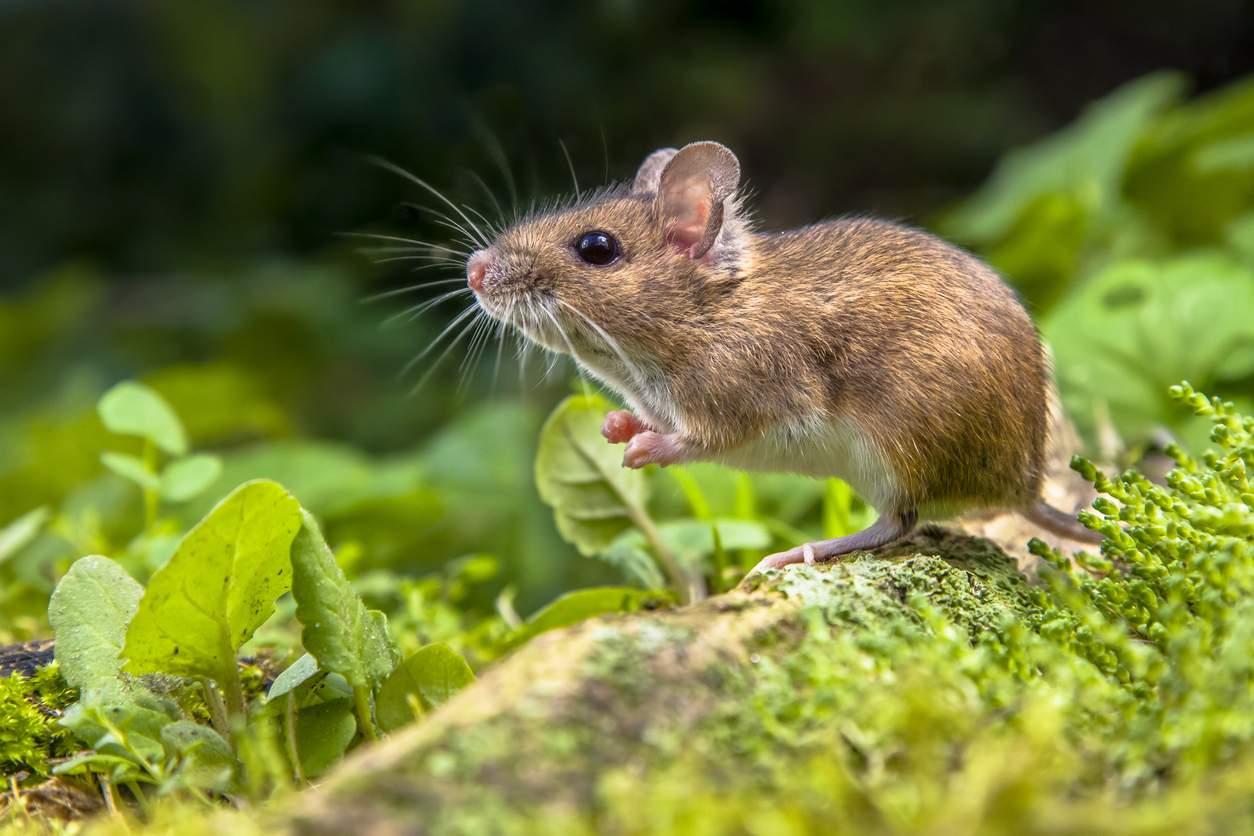AI-enabled Pest Intelligence: A New Era of Pest Control
Share
In an ever-evolving world, the integration of technology in various sectors is inevitable. Among these advancements, AI-enabled pest intelligence stands out as a groundbreaking innovation in the field of pest control. By leveraging artificial intelligence (AI), businesses and households can now address pest issues with unprecedented efficiency and accuracy. This article explores the significance, benefits, and future prospects of AI-enabled pest intelligence.

The Rise of AI in Pest Management
The advent of AI-enabled pest intelligence marks a significant shift from traditional pest control methods. Conventional approaches often involve manual inspections and reactive measures. In contrast, AI technology offers proactive solutions through real-time monitoring and data analysis. By using AI algorithms, pest control systems can predict infestations, identify pest types, and suggest tailored interventions.
How AI-enabled Pest Intelligence Works
AI-enabled pest intelligence systems employ a variety of sensors and cameras to collect data on pest activity. These devices are strategically placed in areas prone to infestation, such as warehouses and food processing plants. The collected data is then analyzed by AI algorithms to detect patterns and anomalies. This enables the system to provide actionable insights and alerts to pest control professionals.
Benefits of AI-enabled Pest Intelligence
The advantages of AI-enabled pest intelligence are manifold. Firstly, it offers enhanced accuracy in pest detection, reducing the likelihood of false alarms. Secondly, it enables continuous monitoring, allowing for timely interventions. Thirdly, by automating data collection and analysis, it reduces the need for manual inspections, saving time and resources. Moreover, AI systems can be integrated with other technologies, such as the AI Pest Control Strategy, to create a comprehensive pest management solution.
AI-enabled Pest Intelligence in Different Sectors
AI-enabled pest intelligence is applicable across various sectors, including agriculture, hospitality, and logistics. In agriculture, it aids in preventing crop damage by detecting pests early. In the hospitality industry, it ensures a pest-free environment, improving customer satisfaction. For logistics and warehouses, AI systems provide a robust surveillance framework, minimizing the risk of infestations. Learn more about pest control in logistics sectors.
Case Study: AI in Food Processing Plants
Food processing plants are particularly vulnerable to pest infestations due to the abundance of food sources. AI-enabled pest intelligence systems can effectively monitor these facilities, ensuring compliance with health and safety regulations. By analyzing data from various sensors, these systems can quickly identify potential threats and suggest corrective actions. Discover insights on rodent control in food processing plants.
The Future of AI-enabled Pest Intelligence
The future of pest management is intrinsically linked to advances in AI technology. As AI algorithms become more sophisticated, they will offer even greater precision and adaptability. The integration of machine learning and the Internet of Things (IoT) will further enhance the capabilities of AI-enabled pest intelligence systems. This evolution promises a future where pest control is not only more efficient but also more environmentally friendly.
Challenges and Considerations
Despite its advantages, AI-enabled pest intelligence is not without challenges. Privacy concerns over data collection and the high cost of implementation are significant barriers. Additionally, there is a need for ongoing research to address these issues and improve the technology's accessibility and affordability. Nevertheless, the potential benefits of AI-enabled pest intelligence far outweigh these challenges.
Conclusion
AI-enabled pest intelligence represents a transformative approach to pest management. By harnessing the power of AI, it offers precise, proactive, and sustainable solutions to pest control challenges. As technology continues to advance, it is poised to redefine the standards of pest management across various industries. For more information on tech-enabled pest control, visit tech-enabled rodent control.

FAQs
What is AI-enabled pest intelligence?
AI-enabled pest intelligence is a technology-driven approach to pest management that uses artificial intelligence to monitor, detect, and predict pest activity.
How does AI-enabled pest intelligence improve pest control?
It improves pest control by providing real-time monitoring, accurate detection, and proactive measures, reducing manual inspections and enhancing efficiency.
What industries benefit from AI-enabled pest intelligence?
Industries such as agriculture, hospitality, logistics, and food processing benefit from AI-enabled pest intelligence due to its ability to minimize pest-related risks.
This article contains affiliate links. We may earn a commission at no extra cost to you.
